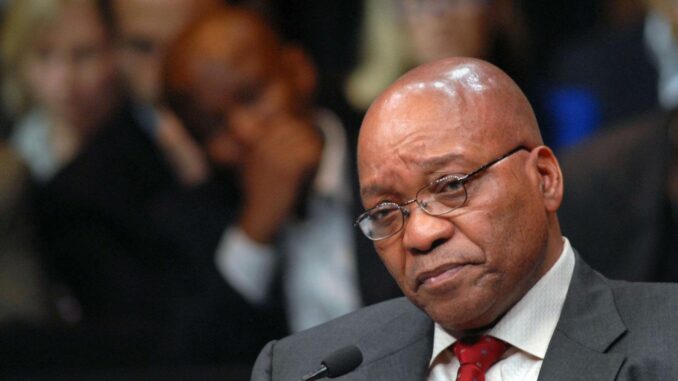
South Africa’s political landscape has been dramatically altered as former President Jacob Zuma faces expulsion from the African National Congress (ANC), the party he once led. This move comes after Zuma established a rival political entity, the uMkhonto we Sizwe Party (MK), which secured a surprising 15% of the national vote in recent elections.
The MK’s success has dealt a significant blow to the ANC, forcing it to lose its parliamentary majority for the first time since 1994. In response, the ANC has formed a coalition government with several parties, including its main rival, the Democratic Alliance.
Despite his actions, Zuma has paradoxically maintained that he remains an ANC member. However, the party’s leadership sees things differently. ANC Secretary General Fikile Mbalula announced Zuma’s expulsion, citing his actions as detrimental to the party’s integrity.
The MK Party, now South Africa’s official opposition with 85 parliamentary seats, has condemned the ANC’s decision, labeling the disciplinary process a “kangaroo court.”
This political upheaval stems from longstanding tensions within the ANC. Zuma, who stepped down in 2018 amid corruption allegations, has criticized the current ANC leadership under President Cyril Ramaphosa. He claims to represent the “real” ANC, distinct from Ramaphosa’s faction.
As South Africa grapples with this political realignment, the future of both the ANC and the newly formed MK Party remains uncertain, promising a period of significant change in the nation’s democratic landscape.
